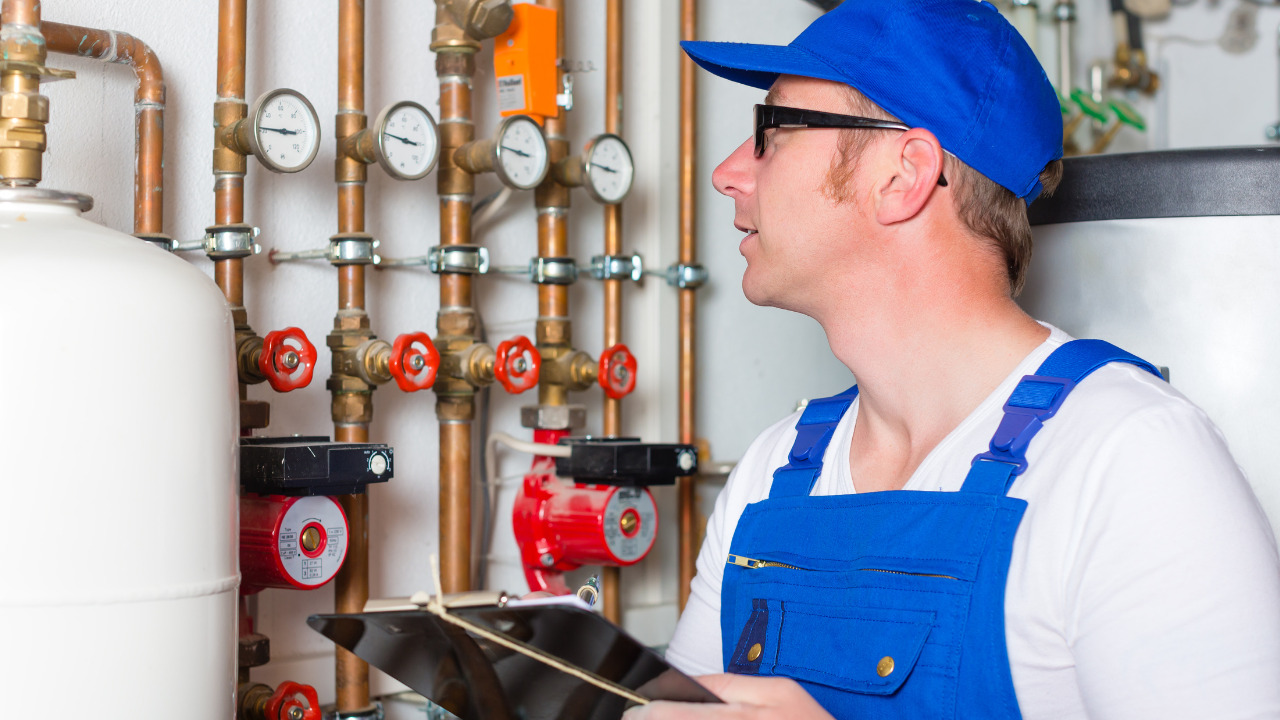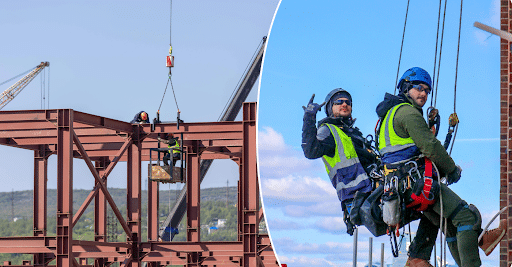Hot water is a daily life essential, and water heaters are the appliances that provide this luxury. But with so many types of water heaters available, choosing the right one for your needs can be challenging.
This guide aims to help you understand the different types of water heaters available before seeking your plumber in Point Cook.
Table of Contents
Conventional Storage Tank Water Heaters
The basic model of water heaters is the storage tank water heater. They work by storing hot water in a tank and keeping it hot until you need to use it. These tanks can hold between 20-80 gallons of water, and their size usually depends on the size of the household.
Conventional storage-tank water heaters can use electricity, natural gas, propane, or fuel oil to heat the water. They are generally the most affordable option for homeowners. They are also the least energy-efficient, as they continually heat and reheat the stored water even when not in use.
Pros
- Affordable upfront cost
- Available in various sizes
- Easy installation and repair
Cons
- Limited hot water supply
- Prone to leaks and corrosion over time
- Requires a lot of energy to keep water hot continuously
Tankless Water Heaters
These tankless models of water heaters are gaining popularity due to their energy efficiency and space-saving design. They do not store hot water but heat it on demand as it flows through the unit.
Tankless water heaters, also known as on-demand water heaters, heat water as it passes through a heating unit rather than storing it in a tank. They use a powerful burner or electric element to heat the water to the desired temperature quickly.
They come in gas and electric models, and their biggest advantage is energy efficiency. Since they do not have to keep a large amount of water hot in a tank, they use less energy overall.
Better so, it’s important to consult with a professional plumber in Point Cook to determine if a tankless water heater is right for your home.
Pros
- Long lifespan
- Provides hot water on demand
- Saves energy and money on utility bills
Cons
- Higher upfront cost
- Limited hot water supply
- Requires professional installation
- Installation may require a larger gas line or electrical upgrade
Heat Pump Water Heaters
Heat pump water heaters work by transferring heat from the air or ground to heat water. They work similarly to air conditioners, but instead of releasing heat outside, they transfer it to water in the storage tank.
This process is more efficient than generating heat directly through electricity, making heat pump water heaters more energy-efficient and cost-effective. These water heaters are best suited for warm and moderate climates, as they absorb heat from the surrounding air or ground.
They may be less effective in colder climates, where the temperature drops below freezing and the air contains less heat. However, some models have heating elements designed specially to function in colder environments.
Pros
- Energy-efficient
- Low operating cost
- Saves up to 60% on energy bills
Cons
- Expensive to install
- Requires a lot of space
- Doesn’t work well in cold climates
Solar Water Heaters
Solar water heaters are water heaters that use the Sun’s energy to heat water. The two main components of a solar water heating system are the solar collector and the storage tank.
The solar collector absorbs heat from the sun’s rays and transfers it to the water in the storage tank. Solar water heaters are more common in warmer climates where sunlight is abundant.
We have two kinds of solar water heaters — passive and active water heaters. Active systems use a pump to circulate water through the solar collector and storage tank. Passive systems, on the other hand, rely on natural convection to circulate water.
While solar water heaters are an environmentally-friendly option that can help homeowners save money on energy costs, they can be more expensive to install than other water heaters. Weather conditions and the amount of sunlight available may also affect their performance.
Pros
- Long lifespan
- Environmentally friendly
- Can save up to 90% on energy bills
Cons
- Higher upfront cost
- Requires a lot of space
- May not work efficiently in areas with limited sunlight
Hybrid Water Heaters
Hybrid water heaters are a relatively new model of water heaters. They combine the features of conventional storage tank water heaters and tankless water heaters. They have a storage tank and a heating element that provides hot water on demand when the tank is empty.
These heaters are typically more expensive than traditional tank water heaters, but they offer long-term savings through their energy efficiency. They also have a larger storage capacity than tankless water heaters, meaning they can provide hot water for longer periods.
Pros
- Energy-efficient
- Suitable for larger households
- Provides a large hot water supply
Cons
- Higher upfront cost
- Needs regular maintenance
- Requires professional installation
Condensing Water Heaters
Condensing water heaters are a type of tankless water heater that uses a heat exchanger to extract heat from the combustion gases that vent out of the unit. It allows the unit to use less fuel to heat the water, making it more energy-efficient than traditional water heaters.
However, one potential drawback of condensing water heaters is that they require a specific type of venting system to remove the condensate produced during the combustion. This can add to the installation costs and may require additional maintenance.
Additionally, they may not be suitable for homes with hard water since the mineral buildup can affect their performance. Discuss these with a Point Cook’s expert plumber and decide if it is the right choice for your place.
Pros
- Energy-efficient
- Low operating cost
- High hot water supply
Cons
- Higher upfront cost
- Requires regular upkeep
- Requires professional installation
Final Thoughts
Choosing the right water heater depends on your household’s hot water needs, energy efficiency goals, and budget. So, you should weigh various options with your daily needs before deciding.
We hope this guide has provided valuable insights into the different types of water heaters. For better guidance, you can contact Your Local Plumbing, one of the best plumbing companies you will come across.
From hot water systems to blocked drains in Point Cook, YLP’s expansive range of plumbing services will surely help you maintain your home at full capacity. We also provide Plumbing service in Geelong.





